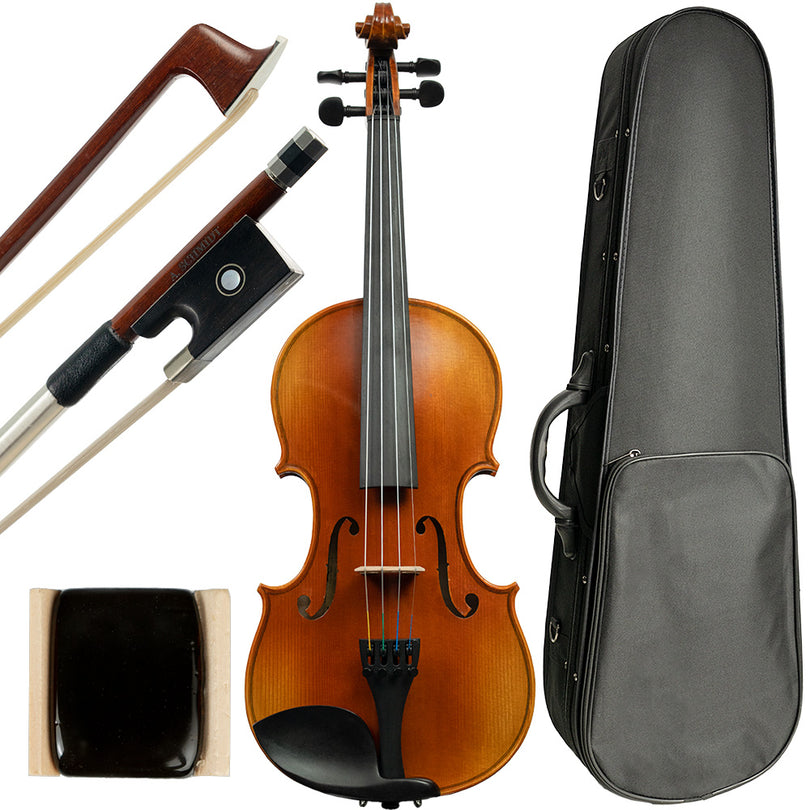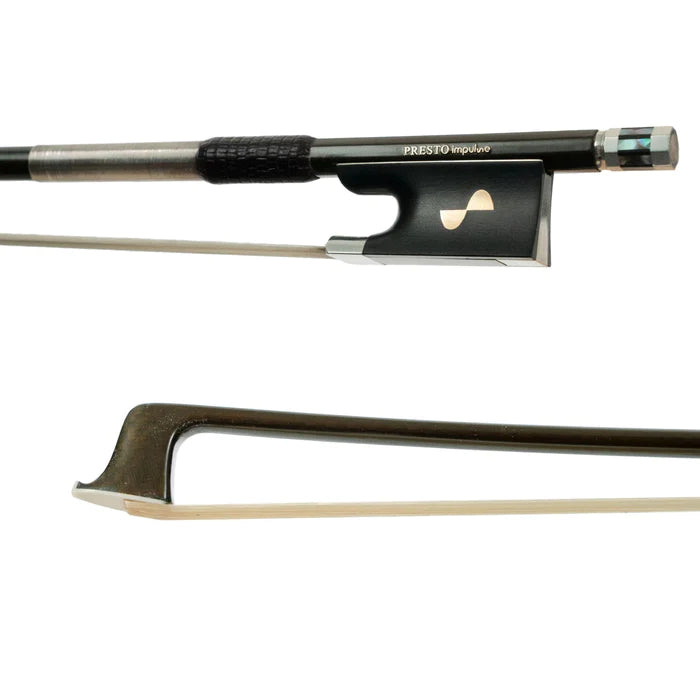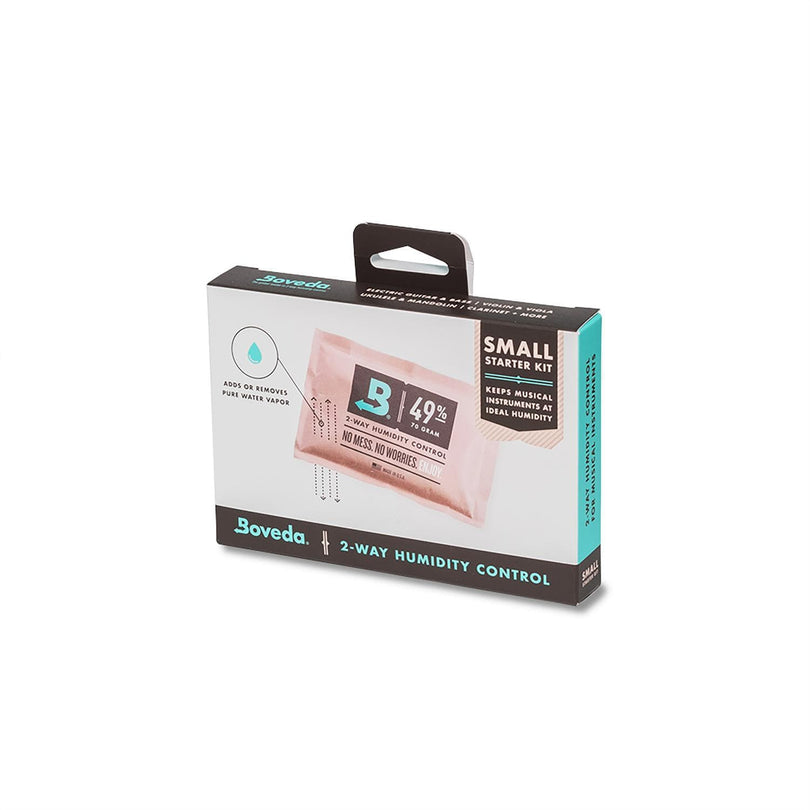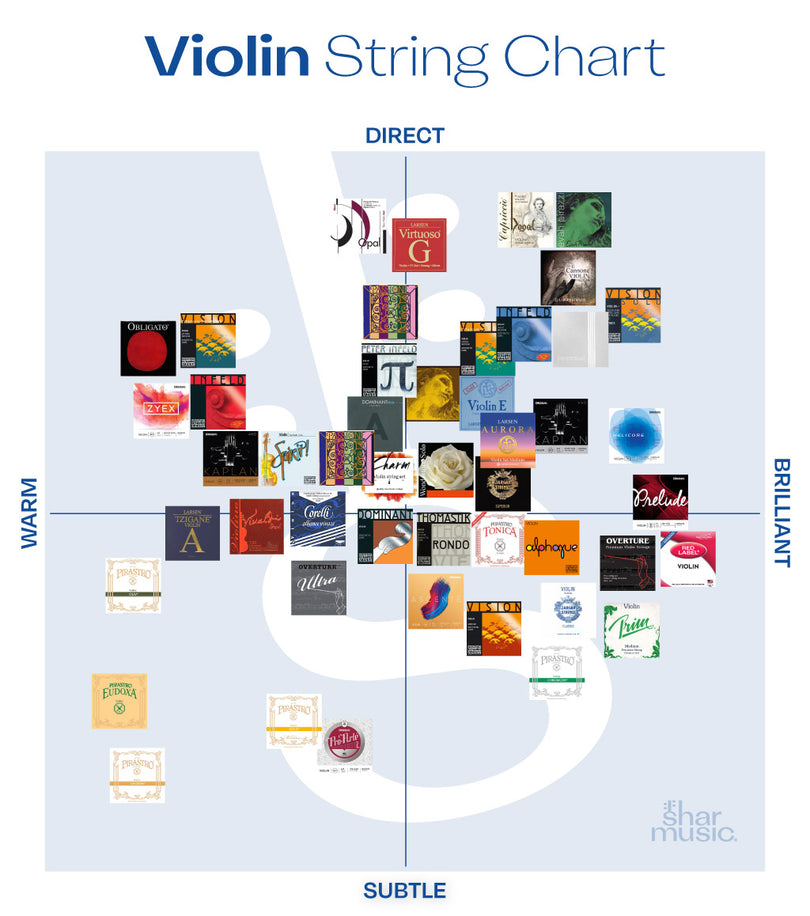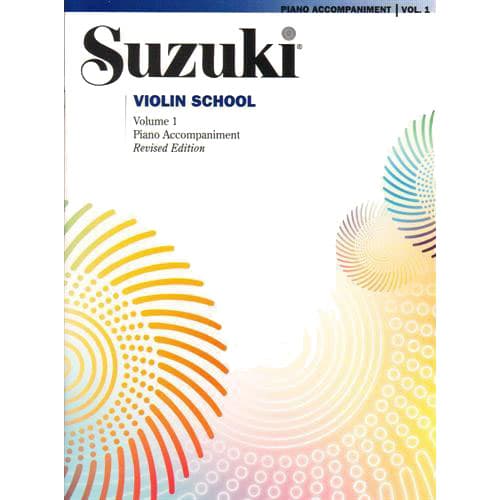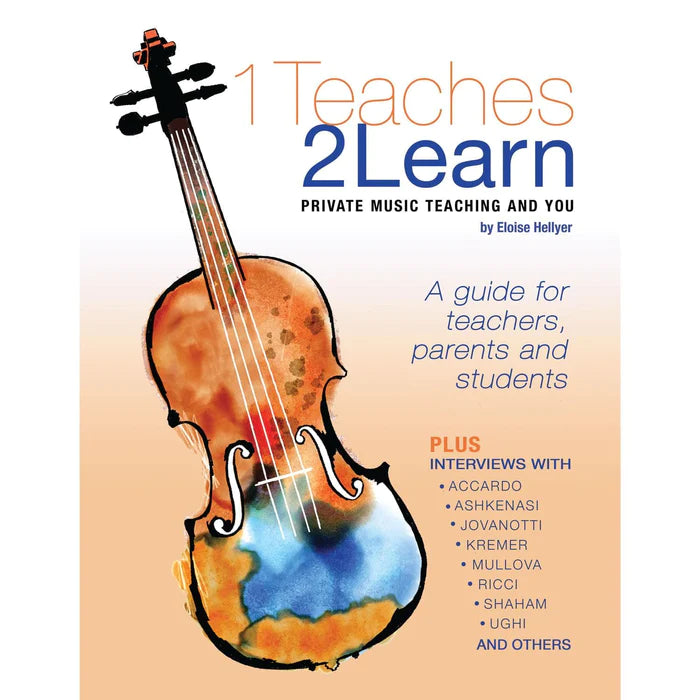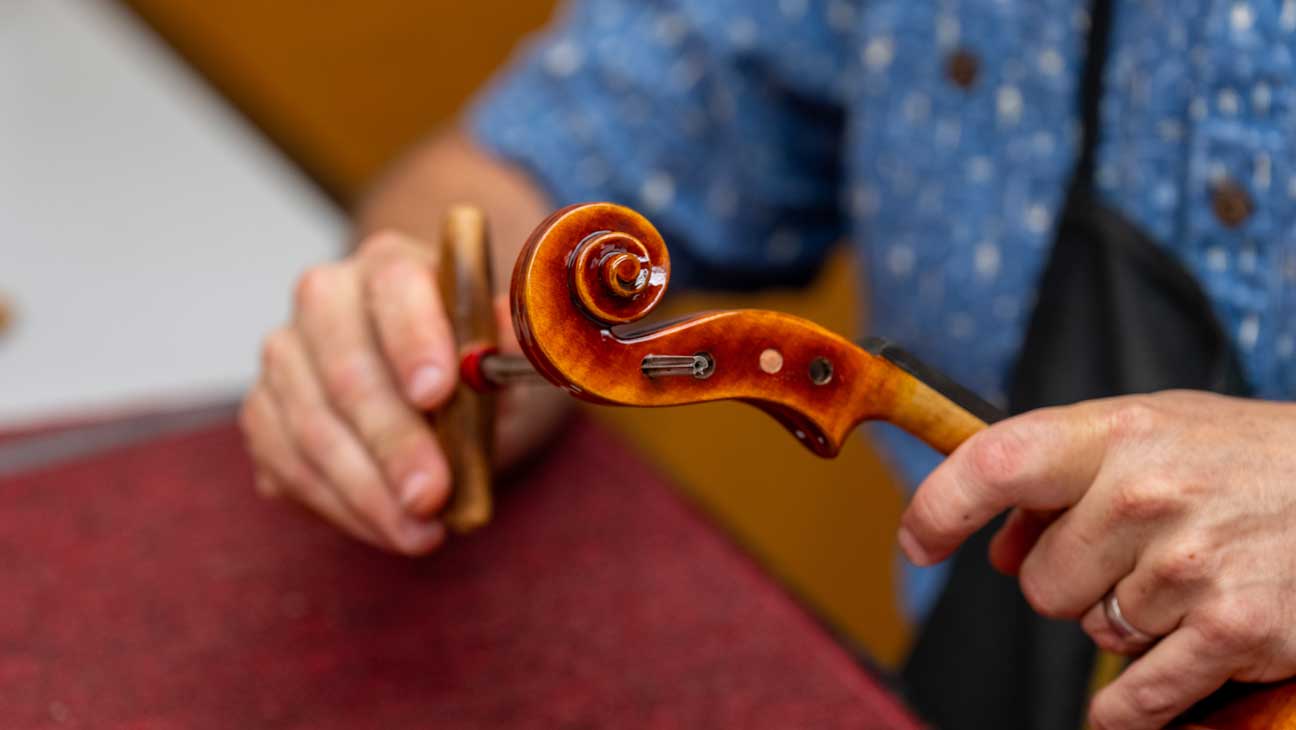🎓 A New Chapter for Your Music
First of all—congratulations, graduate! You’ve worked hard, performed your heart out, and now you’re stepping into a brand-new chapter. Whether you're continuing in music professionally, studying something new, or just playing for the joy of it, your relationship with your instrument is yours to define.
One of the most exciting things about life after graduation is this: you get to choose how, when, and why you play.
No more rigid schedules. No more playing to impress a jury. Just you, your instrument, and the music you love.
Let’s explore how to create a practice routine that supports your goals, energizes your creativity, and celebrates your freedom to grow.
🎯 Step 1: Embrace Your Why
This is your moment to reflect on what music truly means to you.
Ask yourself:
-
Do I want to keep improving and growing as a player?
-
Do I want to play for joy and self-expression?
-
Do I want to stay performance-ready for auditions or gigs?
-
Or… all of the above?
There’s no wrong answer. The beauty is, you get to set the tone.
🎶 Tip: Write down your “why” and revisit it whenever you need motivation. It’s your anchor.
📅 Step 2: Make Practice Work for Your Life
Your new schedule might be more flexible—or more packed—than it was during school. Either way, your practice can be just as consistent and rewarding.
Here are a few flexible formats:
-
15–30 minutes a day for steady progress
-
3 focused sessions a week for deeper exploration
-
Weekend artist dates with your instrument
Try setting up gentle reminders or adding practice blocks to your planner. And remember—any practice is better than no practice.
🧱 Step 3: Give Your Sessions Some Structure (and Fun!)
The most fulfilling practice routines have just enough structure to keep you progressing—and enough freedom to keep it fun.
Try the “3-Part Flow”:
-
Warm-Up (5–10 mins)
Open strings, slow scales, or etudes—play with awareness, not autopilot. -
Repertoire Focus (10–30 mins)
Choose pieces that excite you. Work on small sections, experiment with tone, play with phrasing. -
Play for Joy (5–10 mins)
End with something fun: a movie tune, improv, a duet part with a recording. Leave your session smiling.
💡 Bonus: Use your warm-up time to reconnect with your sound and body. This can be your daily grounding moment.
🧘♂️ Step 4: Celebrate Your Progress
Keep a simple journal or use a music practice app to jot down what you worked on and what felt good. This builds momentum and gives you a sense of accomplishment over time.
📱 Great tools to explore:
-
Modacity – Guided practice sessions
-
Tonal Energy Tuner – Versatile tuner + metronome
-
Notion or Trello – For organizing practice goals or sheet music
Celebrate your wins—big or small. Every session adds to your story.
👥 Step 5: Stay Connected to the Music Community
You may not have school ensembles anymore, but your music community is still out there—and more accessible than ever.
🎻 Ways to stay connected:
-
Join a community orchestra or chamber group
-
Attend music meetups or workshops
-
Take online lessons or masterclasses
-
Start a monthly Zoom session with old music friends
-
Create a playlist of pieces you’d love to learn and share it
Music is meant to be shared—and finding joy in connection will keep your practice fresh and fulfilling.
🧡 Step 6: Be Kind to Yourself
Post-grad life is full of exciting changes—and it’s okay if your playing ebbs and flows. What matters most is that you keep showing up for your music in a way that feels good.
Missed a few days? That’s okay. Feeling rusty? Totally normal. Your instrument will always be there, ready when you are.
“You don’t have to practice to be a musician. You practice because you’re a musician—and it’s how you say hello to yourself each day.”
🎒 Favorite Tools to Support Your Practice (Shar Music Picks)
Here are some essentials that make post-grad practice smoother, quieter, and more joyful:
-
🎻 Practice mute – Perfect for apartments
-
🧼 Maintenance kits – Keep your instrument in peak shape
-
💡 Stand light – Late-night playing made easy
-
💼 Double case – Great for commuting musicians
🌟 Final Note
Graduation doesn’t mean the end of your music journey—it’s the beginning of a new, more personal chapter. When you choose to keep playing, you’re choosing growth, joy, and a lifelong connection to something truly meaningful.
No matter your path—professional, personal, or somewhere in between—your music matters. Your voice matters. And your routine can be built to reflect that.
So go ahead: tune up, breathe deep, and play the next note.

